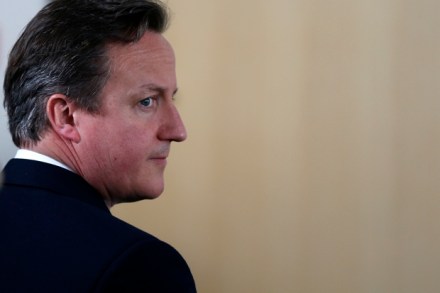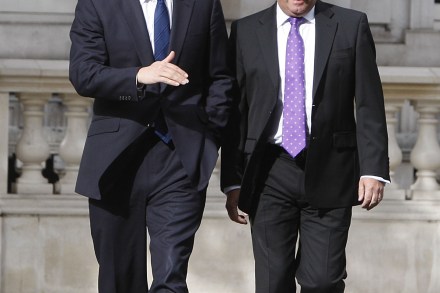The government has found new momentum for NHS reform
The PM’s first policy speech in this Parliament was devoted to the NHS and marked a big shift in tone compared to the election. The campaign message was somewhat defensive, majoring on the extra spending that the Conservatives would provide (and leading some to ask where the extra £8 billion a year was coming from).
















